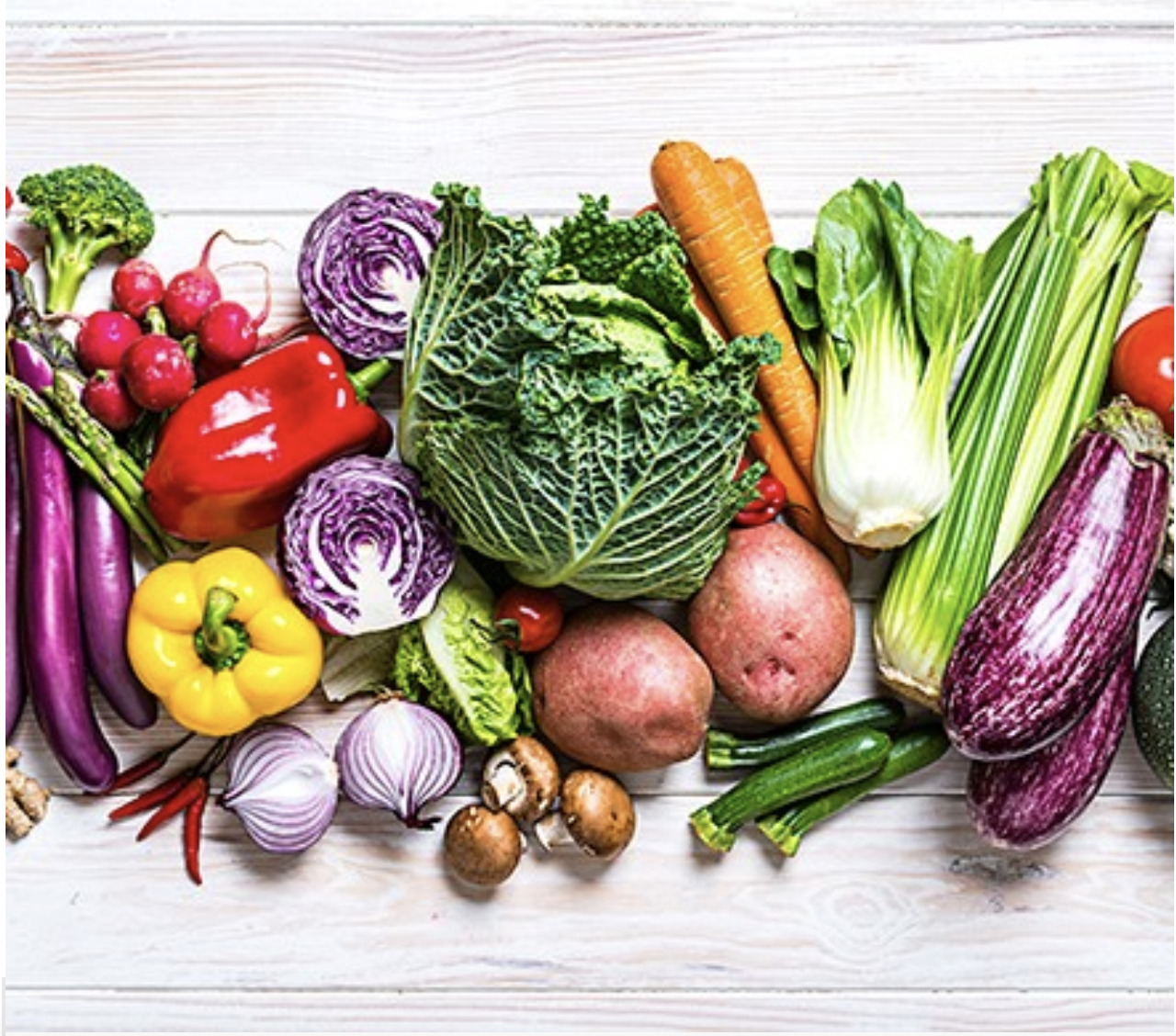


Winter may challenge your immunity, but you can combat it by incorporating these 7 healthiest winter vegetables into your regular diet. These veggies not only help keep you warm but also strengthen your immune system.
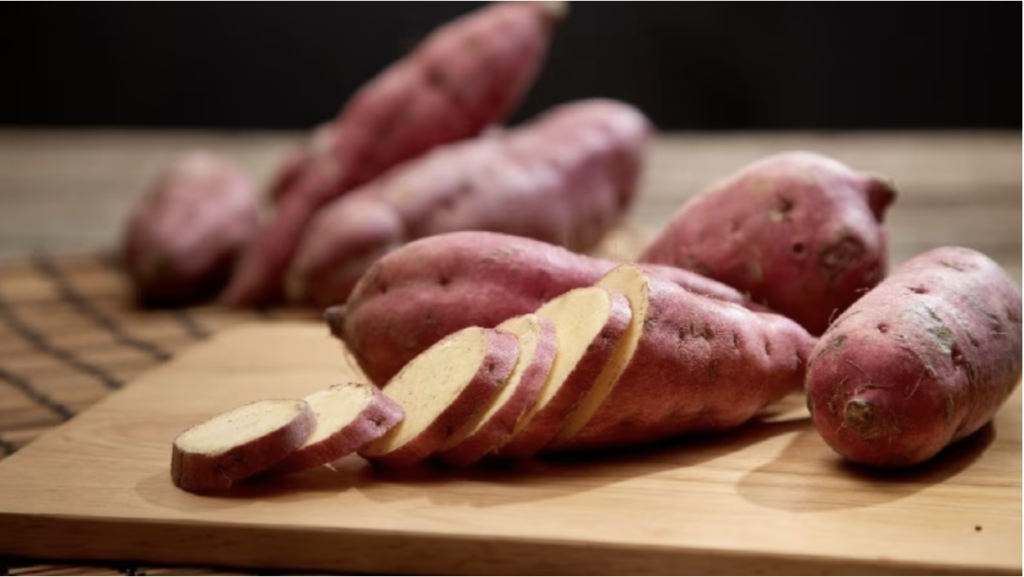
Sweet potatoes are both comforting and packed with nutrients, particularly beta-carotene, which gives them their vibrant orange hue. Beta-carotene offers numerous health benefits, including immune support.
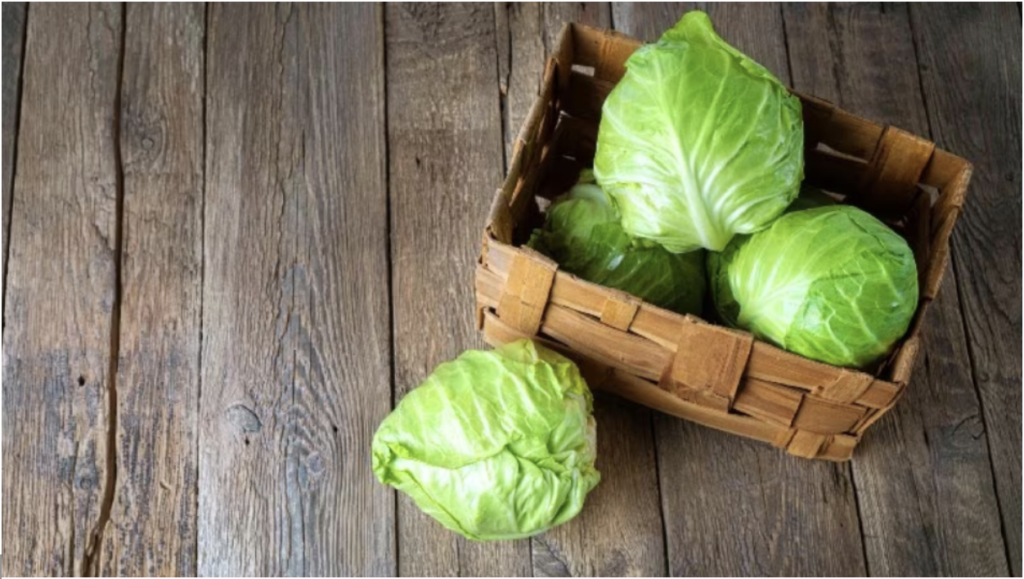
Rich in vitamins C and K, as well as dietary fiber, cabbage is an excellent choice for promoting digestive health during the winter months. Incorporate it into your meals for a nutritious boost.
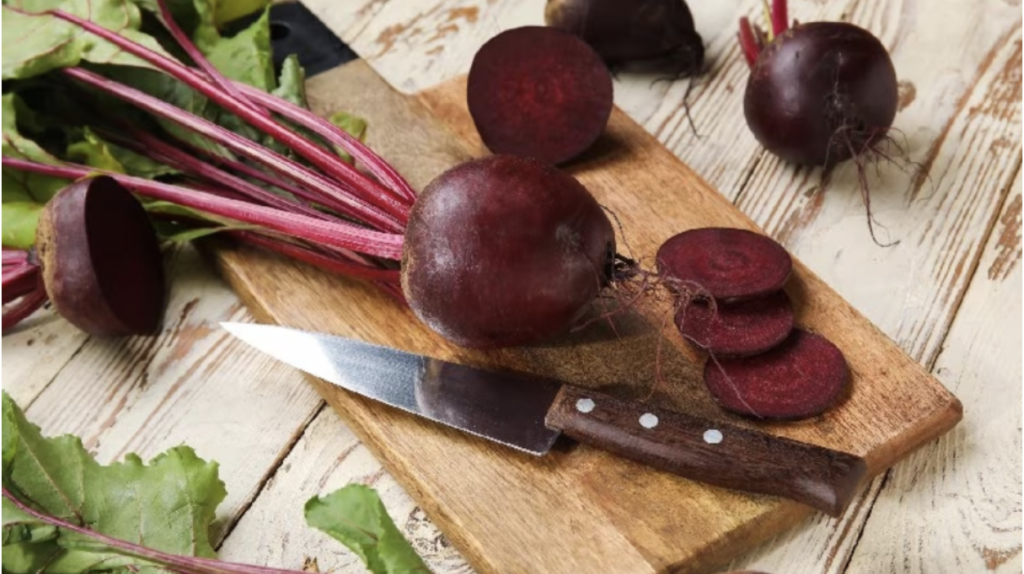
With its vibrant purple-red color, beetroot is a powerhouse winter vegetable loaded with essential nutrients like folate, potassium, and dietary fiber. Enjoy it roasted, boiled, or grated in salads for a nutritious addition to your diet.
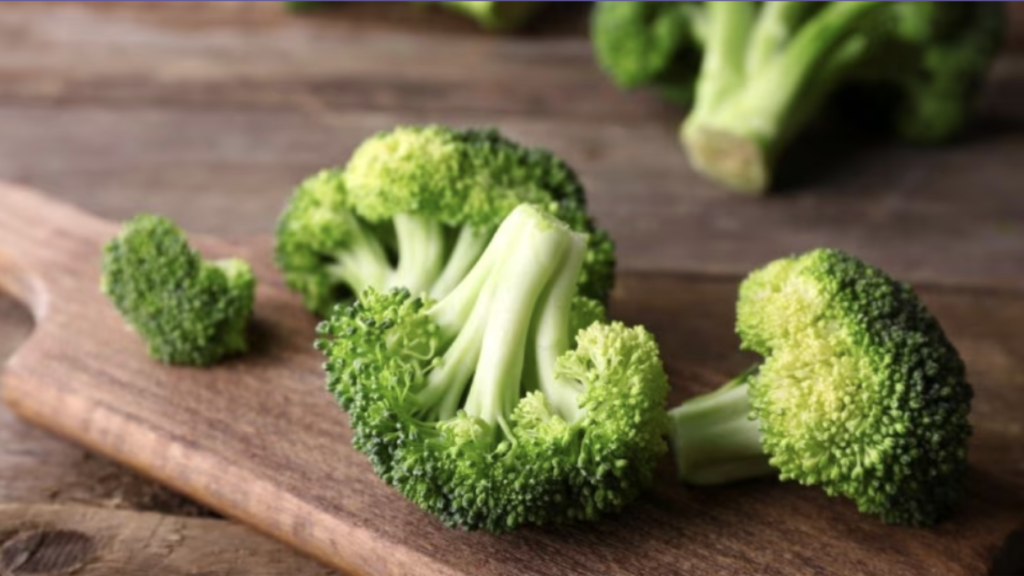
A cruciferous vegetable, broccoli is renowned for its health benefits. It’s a rich source of vitamin C, vitamin K, and dietary fiber, making it a valuable addition to your winter meals. Plus, it’s known for its cancer-fighting properties.

Crunchy and sweet, carrots are readily available during the winter season. Packed with beta-carotene, which our bodies convert into vitamin A, carrots support eye health and immune function.
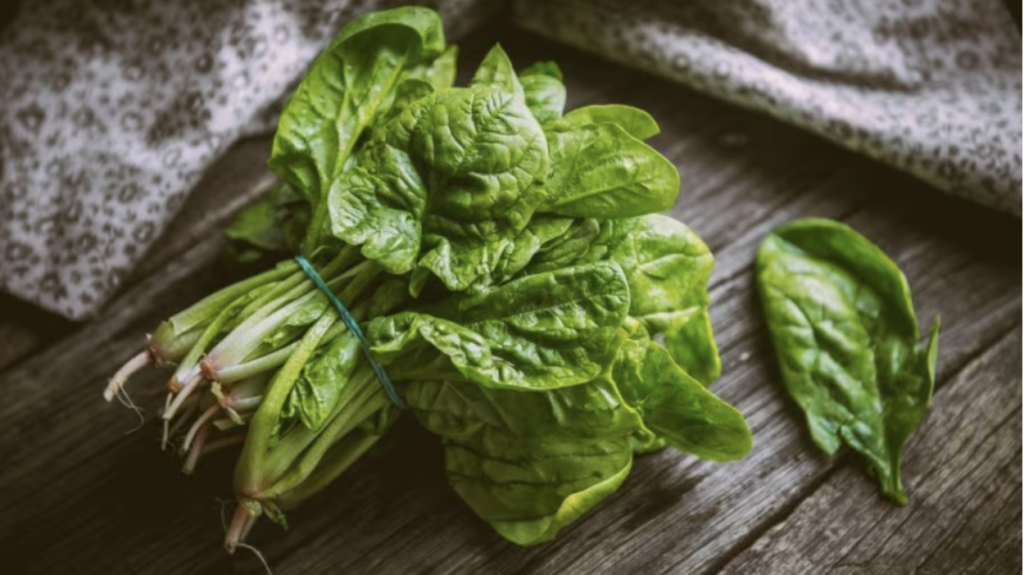
Dark leafy greens like spinach thrive during the winter. Loaded with vitamins, minerals, and antioxidants, spinach is a nutritional powerhouse. It’s particularly rich in iron and vitamin C, essential for maintaining a strong immune system.
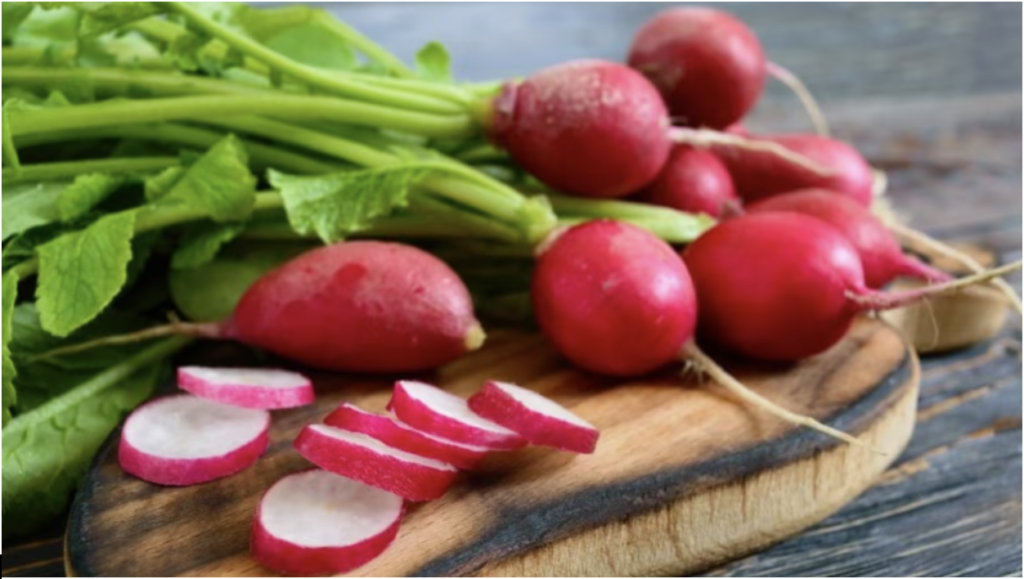
Crisp and refreshing, radish adds a zesty kick to winter meals. It’s a good source of vitamin C, vital for immune health, and contains fiber and antioxidants. Radish has also been traditionally used to aid digestion and detoxify the body.
Incorporate these winter vegetables into your meals to boost your immune system, stay warm, and enjoy a variety of nutritious and delicious flavors. Whether roasted, steamed, or raw, these veggies offer a plethora of health benefits to help you thrive during the colder months.